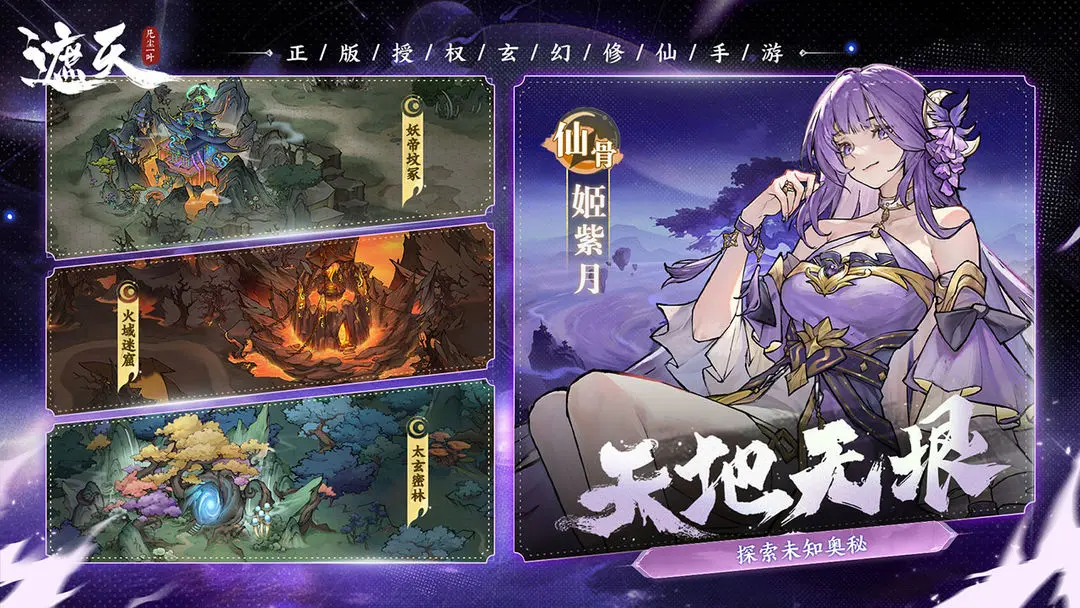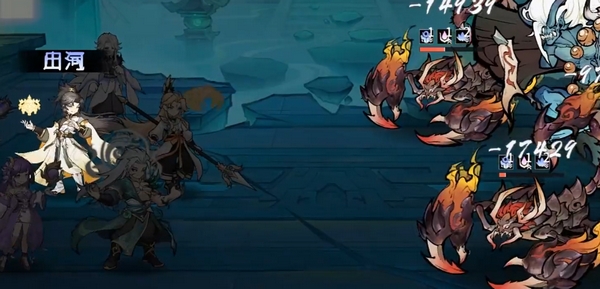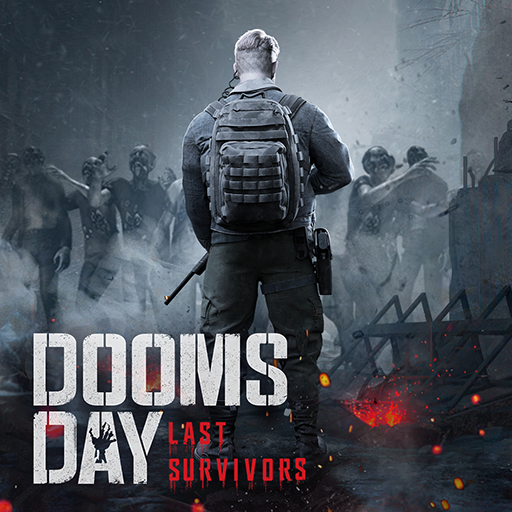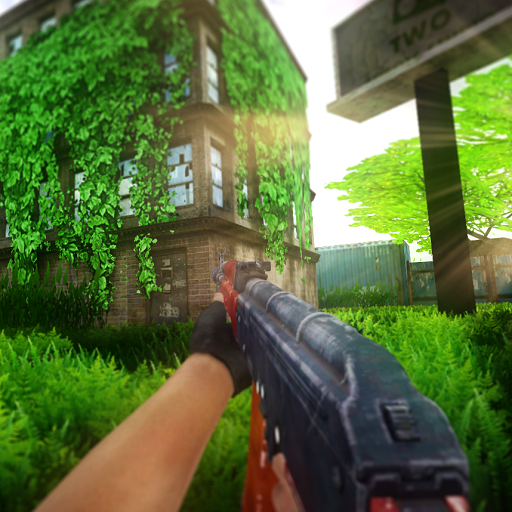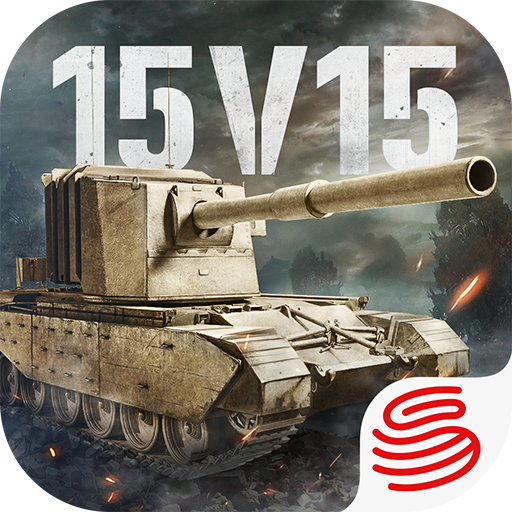Today, I'm here to talk about the roles of the Coroner and the Mortician in Goose Goose Duck, where players are randomly assigned to the goose team, duck team, or a neutral faction. Throughout the game, dozens of distinct character roles unlock a variety of gaming experiences for the players. Whether it's the goose team striving to complete tasks and uncover the impostors, the duck team skillfully hiding and waiting for opportunities to sabotage, or the neutral faction pursuing their own secret goals, all these interactions within the game's rules create countless exciting moments. Let's take a closer look together.

The unique aspect of the Coroner is that, after a player unfortunately dies, there's no need to wait for a long investigation period; they can immediately know the deceased's faction. This ability to instantly obtain information gives the Coroner an early advantage in the game. In the early stages, if a player suddenly falls, the Coroner can quickly determine that they were from the goose faction. This means that, in subsequent deductions, everyone can narrow down the suspects to the duck faction and the neutral faction, significantly increasing the efficiency of identifying the culprit. In the early game, the Coroner should actively interact with other players, share the information they have obtained, guide everyone towards the right direction in their reasoning, and also be cautious to protect themselves from being targeted by the duck faction too early.
As the game progresses into the mid-game, with more bodies piling up, the Coroner needs to use the faction information of the deceased, combined with the statements and actions of other players, to further analyze the situation, point out suspicious targets, and push the voting process in a direction favorable to the goose faction.
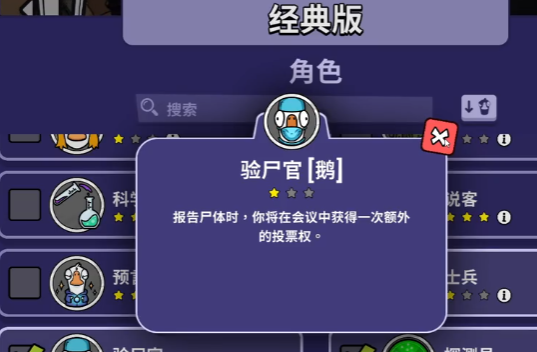
The Mortician, on the other hand, displays a different set of abilities. When near a body, after a brief operation, they can learn the specific role identity of the deceased, not just the faction. This skill is extremely valuable in complex situations, providing players with more detailed clues. In a chaotic match with multiple corpses, the Mortician can, upon examination, discover that the deceased was a key good guy with a knife, such as the Vigilante. This information can help other players quickly adjust their strategies, avoid mistakenly killing good guys, and better judge the logic of the wolf faction's actions. The Mortician, like regular players, should focus on completing tasks as their primary goal, avoiding overexposure while searching for and examining bodies. In the mid-game, once a body is found, if there are other players around, the Mortician can pretend to chat with everyone while secretly using their examination skills to gather information. After the examination, the Mortician must carefully pass this information to reliable teammates.
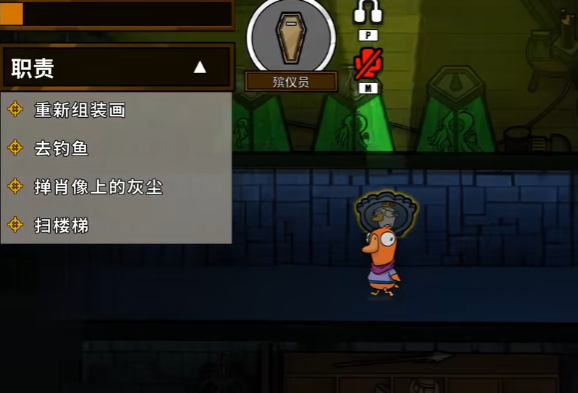
Comparing the Coroner and the Mortician, the Coroner excels in the timeliness of information acquisition, quickly narrowing down the scope of investigation for the team. The Mortician, however, is stronger in the depth of information, revealing the specific role of the deceased, helping the team to more accurately analyze the situation. In matches where players speak less and the situation is chaotic, the Coroner can quickly sort out the clues with immediate information. In games where players have strong logical reasoning skills and need in-depth clues, the detailed examination results of the Mortician can become the key to victory.
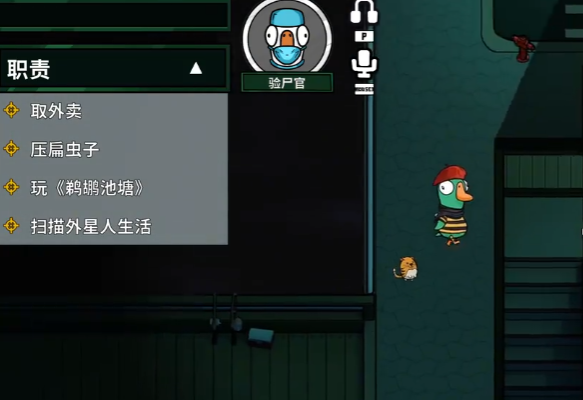
We've now covered the discussion on which is better between the Coroner and the Mortician in Goose Goose Duck, each role in Goose Goose Duck has its unique charm and gameplay. Which role is better depends on the specific situation of the game and the player's personal playstyle. Regardless of which role is chosen, cleverly utilizing the character's abilities and working well with teammates are the keys to achieving victory.
